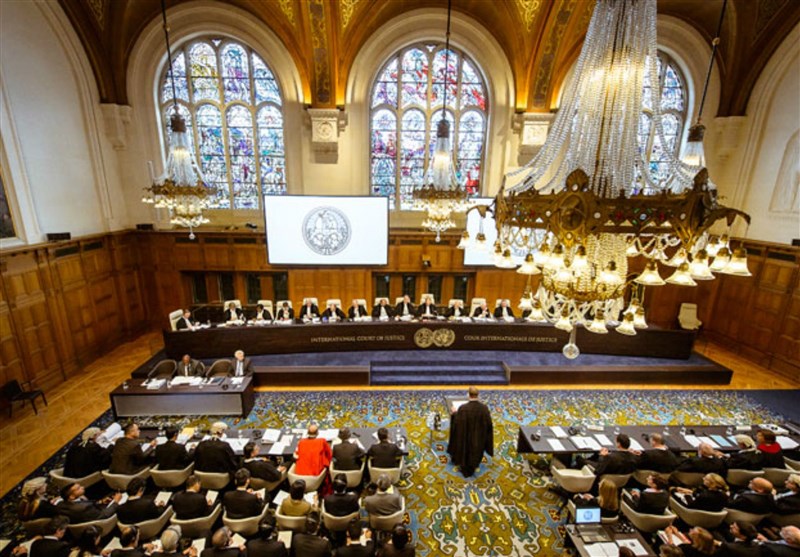
ICJ Warns US after Iran’s Complaint

In comments on Tuesday, head of the international legal affairs center of the
Iranian President’s office, Mohsen Mohebi, said the ICJ president has sent the
letter to US Secretary of State Mike Pompeo warning Washington not to take any
action in contradiction to the future decisions of the ICJ on Iran’s recent
complaint.
Iran recently filed the lawsuit against the United States stating that
Washington's decision in May to re-impose sanctions after pulling out of the
2015 nuclear deal violates the 1955 Treaty of Amity between the two countries.
According to Mohebi, the ICJ president has referred to the article 74 of the
International Court of Justice regulations given the significance of the case to
write an official letter to Pompeo, warn the US government, and stress the
necessity for the US to act in such a way that would not violate the decisions
the ICJ is going to make after its August 27 session on the lawsuit brought by
Iran.
Mohebi added that the Iranian administration has asked the ICJ for urgent action
to prevent the illegal re-imposition of US sanctions against Iran while the
lawsuit is being litigated, citing the harmful impacts of sanctions on Iran’s
health sector and air travel safety.
The ICJ, which is based in The Hague and is also known as the World Court, is
the United Nations tribunal for resolving international disputes. Iran's filing
asks the ICJ to order the United States to provisionally lift its sanctions
ahead of more detailed arguments.
Although the ICJ is the highest United Nations court and its decisions are
binding, it has no power to enforce them, and countries - including the United
States - have occasionally ignored them.
Source: Tasnim















